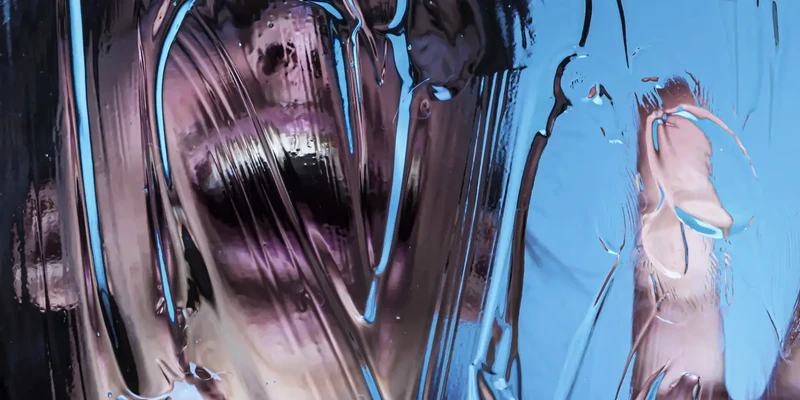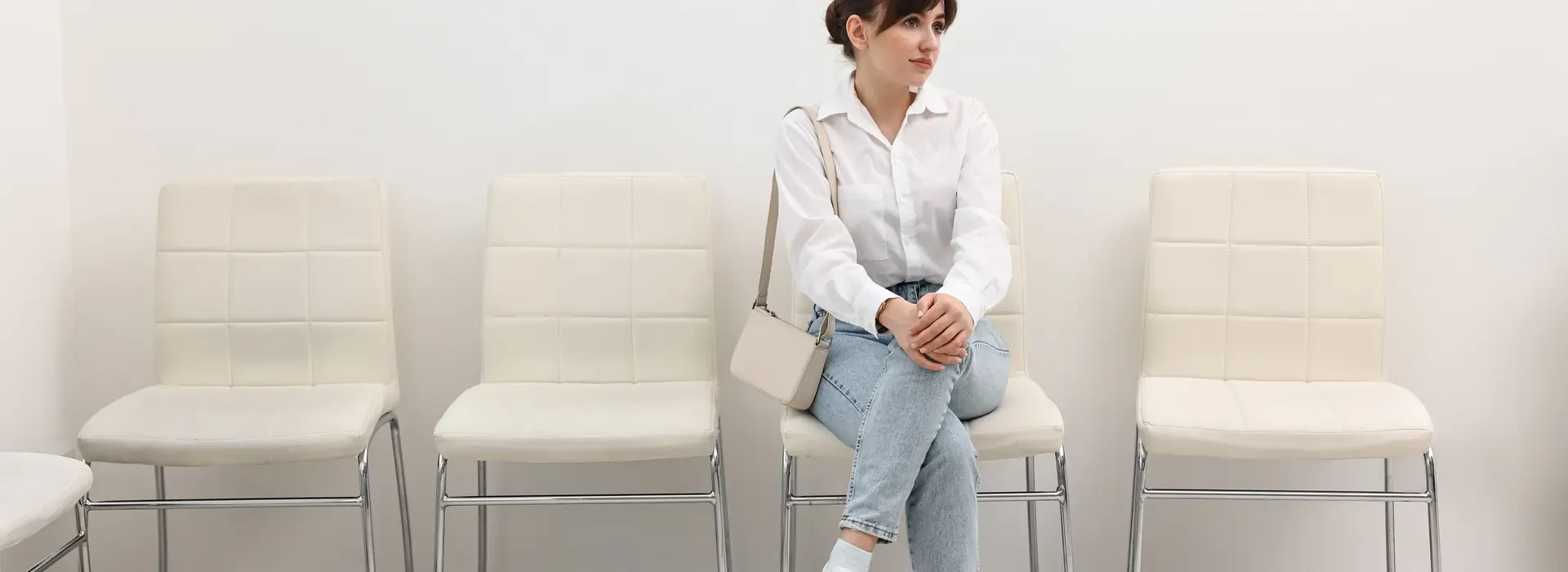Treating LSD addiction is possible with the right support, therapy, and ongoing care tailored to your personal needs. Many people find that overcoming LSD use is not only about stopping the drug but also about healing emotionally and mentally. Understanding that genuine recovery takes time, patience, and the guidance of professionals is a key part of this journey.
Recognising the Signs of LSD Dependence
Lysergic acid diethylamide (LSD) is not considered physically addictive, but many people can develop a strong psychological pull toward it. Signs of dependence can include:
- Frequently thinking about taking LSD
- Struggling with LSD use or finding it hard to stop, even when you want to
- Ignoring responsibilities in favour of using LSD
- Feeling anxiety or irritability when not on the drug
You might also develop a tolerance, needing a higher dose of LSD to achieve the same subjective effects. Over time, these patterns of LSD abuse can lead to substance abuse and mental health challenges.
Physical and Psychological Effects of LSD Use
While LSD does not cause severe physical withdrawal symptoms like alcohol or drug abuse involving depressants, LSD can cause significant mental effects. People may experience vivid hallucinations, shifts in time perception, and heightened emotions.
In some cases, these psychoactive effects can turn into a bad trip, causing panic, paranoia, or an inability to respond to surroundings safely.
Long-term hallucinogen use can lead to hallucinogen persisting perception disorder (HPPD), a condition marked by ongoing flashbacks and perception disorder symptoms. It can also cause depression and anxiety, trouble managing emotions, and difficulty functioning outside of a medical setting.

Risks Associated with Chronic Use
Persistent LSD use or other psychedelic drugs carries a high potential for abuse and increases the likelihood of substance abuse-related harm. In some cases, combining LSD with other substances can heighten the risk of accidental injury, dangerous behaviour, or even overdose.
People may experience problems with memory, concentration, or decision-making, and hallucinogen-persisting perception disorder symptoms can interfere with daily functioning.
There’s also the danger of accidents during intoxication, especially when under the influence of commonly abused drugs or mixing with alcohol or opioids. Long-term drug use and health risks include severe anxiety, psychosis, and social withdrawal.
Following evidence-based guidelines from trusted sources like the Department of Health and Social Care and the NHS can help you make safer choices and work toward recovery.
Why Is LSD Addictive?
LSD doesn’t usually cause the same type of physical dependence seen with alcohol or opioids. In fact, LSD primarily affects the brain’s serotonin system. While it’s true that LSD is not considered physically addictive, the emotional and mental pull can still be powerful.
Repeated LSD use can lead to the development of a tolerance, meaning you may need a higher dose of LSD to feel the same effects. Over time, this can increase the risk of substance abuse and even hallucinogen use disorder.
For some, the appeal lies in chasing the effects of LSD, which can lead to a cycle of repeated drug use despite negative consequences.
Because the mental effects can be so compelling, people may find themselves struggling with LSD even if they never experience severe withdrawal symptoms. This is why addiction treatment for LSD focuses on addressing the psychological attachment and teaching healthier ways to cope without relying on psychedelic experiences.
Options for Treating LSD Addiction
Treating LSD addiction focuses mostly on psychological health and support. Medication is usually not needed, but therapy and structured programmes can help with lasting recovery.
Medical Detoxification Approaches
LSD does not normally cause physical withdrawal like some drugs, so medical detox is not always required. However, you may need supervision if you experience severe anxiety, confusion, or emotional distress after stopping LSD.
A detox setting can keep you safe, especially if you have bad hallucinations, panic, or trouble controlling your thoughts. Nurses and doctors may offer calming measures or medications if you become very agitated, but this is rare. Sometimes, you might need extra monitoring if you have other mental health issues or use other drugs.
Medical detox is best for those struggling with both LSD and other substances, or when mental health symptoms make at-home care unsafe. Most people, especially if they only use LSD, do not need a long detox process.
Behavioural Therapies
Therapy is the main form of treatment for LSD addiction, focusing on the underlying psychological factors that often drive the use of LSD. Therapeutic options include cognitive behavioural therapy (CBT), motivational interviewing, and dialectical behaviour therapy (DBT).
In one study, researchers looked at whether the combination of motivational interviewing with cognitive behavioural therapy (MICBT) works better than twelve-step facilitation (TSF) for treating substance use disorder.
Sixty people took part, with half attending 20 group MICBT sessions and the other half attending 20 Narcotics Anonymous–style TSF sessions. After 3 and 6 months, the MICBT group had fewer days of drug use and more days of abstinence.
Additionally, the MICBT stayed drug-free longer before their first lapse and showed better attendance. MICBT also helped improve coping strategies for cravings, suggesting it may be more effective than TSF in group treatment settings.
Inpatient Rehabilitation Programmes
Inpatient rehabilitation gives you a safe, structured place to stay while focusing fully on recovery. You’ll live at the centre, attend regular therapy sessions, and follow a daily schedule designed to promote good habits.
Staff are available day and night to support you, manage any psychological distress, and provide education about addiction. These programmes often last from a few weeks to several months, depending on your needs. You’ll have access to individual counselling, group meetings, activities, and sometimes family support as well.
Being in an inpatient centre removes you from the temptations and triggers of daily life. For some, especially those with a long history of LSD use or additional mental health concerns, this intensive support increases the chance of success.
Outpatient Treatment Services
Outpatient services allow you to live at home while going to regular therapy sessions and check-ups. This option works well if you have strong support from family or friends and can manage daily life safely.
You’ll visit a clinic or counselling centre several times weekly or as needed. These sessions may include talking therapy, group meetings, and help with building healthy routines. Some programmes offer flexible evening hours for people who are working or studying.
Outpatient care is less intense than inpatient care, but it helps many people recover without major disruptions to their normal lives. It also costs less. Your treatment plan can be adjusted if you need more structure or support.

Additional Recovery Support for Hallucinogen Use Disorder
Long-term recovery from LSD addiction requires continuous support and learning strategies to manage triggers can make a significant difference in your progress.
Aftercare Planning
After leaving formal treatment, a well-made aftercare plan helps you stay on track with your goals. It usually includes scheduled therapy appointments, check-ins with recovery staff, and a list of useful contacts in case of crisis. Your aftercare plan might also detail lifestyle changes, such as new daily routines or ways to avoid triggering situations.
Personalised aftercare is important. If you need extra support, your plan can include free group therapy or alumni meetings. Immediate help and support can reduce the risk of setbacks and help you keep structure in your daily life.
Adjusting aftercare plans as you move forward is normal. You should review your plan regularly to keep it relevant. If you feel things are not working, discuss changes with your care team.
Peer Support Groups
Peer support groups give you a safe, welcoming place to talk about your experiences with LSD addiction. These groups bring together people at different stages of recovery. You can share your story, listen to others, and learn about helpful coping skills.
Some groups connect you with an organised community, which offers regular events and activities.
By attending peer support meetings, you can make new friends and find role models. These relationships can help you stay motivated and provide practical advice during tough times.
Preventing Relapse
Relapse prevention is a set of strategies to help you avoid falling back into old habits. Start by learning to recognise your triggers. These could be certain places, people, stressful situations, or even feelings. Writing down what triggers you and practising how to respond can be very helpful.
Common relapse prevention tools include:
- Keeping up with regular therapy sessions
- Attending group meetings frequently
- Staying busy with healthy activities and routines
- Having a crisis plan for challenging moments
If a setback does happen, remember it is not uncommon. Reach out for help as soon as you need it.
Support from professionals, such as ongoing group therapy and access to an alumni network, can give you the guidance and encouragement needed to move forward.
LSD Addiction Treatment at Liberty Home Clinic
When you’re addicted to hallucinogens such as LSD, you may slowly feel like pieces of your life are slipping away. At Liberty Home Clinic, we understand how isolating and overwhelming this can be.
Through LSD addiction treatment, our team helps you heal, rebuild your confidence, and find healthier ways to cope without relying on psychedelic drugs. Through personalised therapeutic approaches, we’ll be here for you every step of the way.
Frequently Asked Questions
What are the effective therapies for overcoming psychedelic drug dependencies?
Counselling and behavioural therapies form the main treatment options for LSD dependence. CBT helps you change negative thought patterns and develop coping skills. Group therapy and individual counselling can also help you understand triggers and build a strong support system.
Can psychological support play a role in the recovery from hallucinogen abuse?
Yes, ongoing psychological support is crucial. Many people benefit from meeting with a therapist who understands hallucinogen abuse. Support groups and counselling sessions can help you manage cravings, handle stress, and stay motivated during recovery.
What strategies are recommended for those experiencing persistent hallucinogen perception disorder?
People with persistent hallucinogen perception disorder (HPPD) often deal with ongoing visual disturbances after using LSD. Strategies include avoiding all hallucinogenic drugs, reducing stress, and getting enough sleep. Speaking with a mental health professional is important for managing symptoms, and some individuals may need medication prescribed by a doctor.
Are there any approved medications to treat dependency on psychedelic substances?
Currently, there are no approved medications to specifically treat LSD or psychedelic substance dependence. However, research in the field of pharmacology continues to explore possible options for managing cravings, improving mood stability, and supporting recovery.
How can family members assist in the rehabilitation process for individuals addicted to hallucinogens?
Family members can offer encouragement, help maintain a safe and sober environment, and participate in family therapy sessions. As a family member, educating yourself about LSD addiction and attending support groups for families can make you a stronger ally during your loved one's recovery process.
What lifestyle changes contribute to successful recovery from psychedelic drug addiction?
Adopting healthier daily habits is important. This includes regular exercise, a balanced diet, enough sleep, and avoiding situations where drugs are present. You may benefit from new hobbies or social activities that do not involve substance use.







